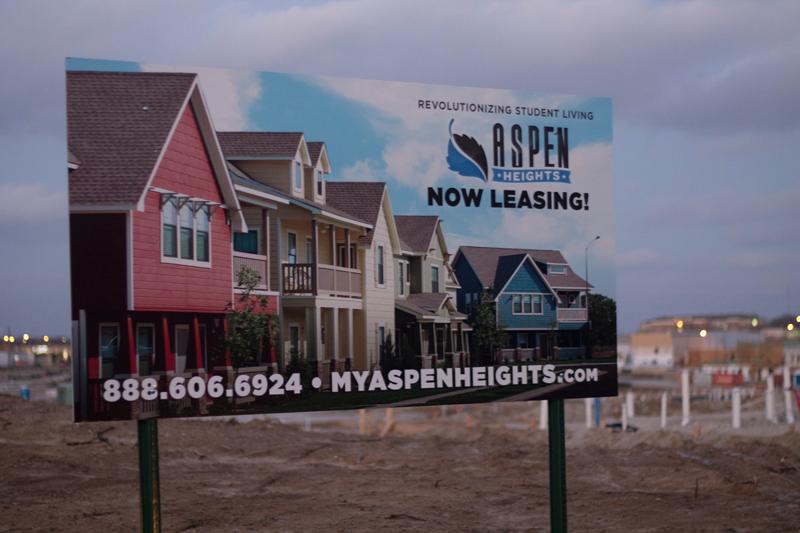
Private Balcony! Granite kitchen countertops! Rooftop pool! Walk-in closet! Gated community! Resort-style amenities! Outdoor fireplace! Free tanning!
Are you guys serious?
No student needs this kind of catered-to lifestyle. But we continue to let frivolous housing options encroach on Columbia on the premise that students want or need them. At least four new luxury student living complexes will open their overpriced doors this fall, and that’s just the beginning.
Not only does our idealization of off-campus living stunt our preparation for post-graduate life, it also has a negative effect on Columbia. While we bask in ridiculous amenities, we also put out the residents who lived here years before we enrolled and will for years after we graduate. Students might rent a cottage, townhouse or apartment for a year or two, but once these complexes are built, they’re here. And they have lasting effects on the city and its residents.
Last year, a mobile home community was forced to move in order to make way for Aspen Heights, a student living community that boasts “Colorado-style homes with all the convenience and amenities of a luxury apartment.” Regency Mobile Home Park residents spoke out against the sale at city council meetings, but Aspen Heights’s wallet was louder. After [offering incentives to Regency residents](https://www.themaneater.com/stories/2011/11/29/luxury-student-housing-set-replace-mobile-home-par/) to pledge their support of Aspen Heights and ignoring student governments’s protest of the sale, the complex went ahead and displaced the community.
Another luxury student housing company, Collegiate Housing Partners, had plans to raze the Niedermeyer house, the oldest house in Columbia, to make room for a 15-story housing complex. In the eleventh hour, an MU professor offered to buy the building and preserve it as an affording living option. If he hadn’t, a high-rise would have squashed an essential piece of Columbia’s history — and many students weren’t even aware of the situation.
The luxury housing craze among MU students has to stop. There is no reason for students to have these kinds of amenities, and the costs outweigh any benefits. It’s irresponsible to demand this kind of living, especially when most students won’t live in Columbia long enough to see or feel the repercussions. Luxury student complexes have forced out low-income housing options and crowded Columbia with gaudy, self-important housing options that students (or their parents) shell out upwards of $600 per person for. So next time an email shows up in your inbox promising a free widescreen TV for signing a lease, think about what your housing commitment is actually supporting. It’s a bigger issue than a widescreen.